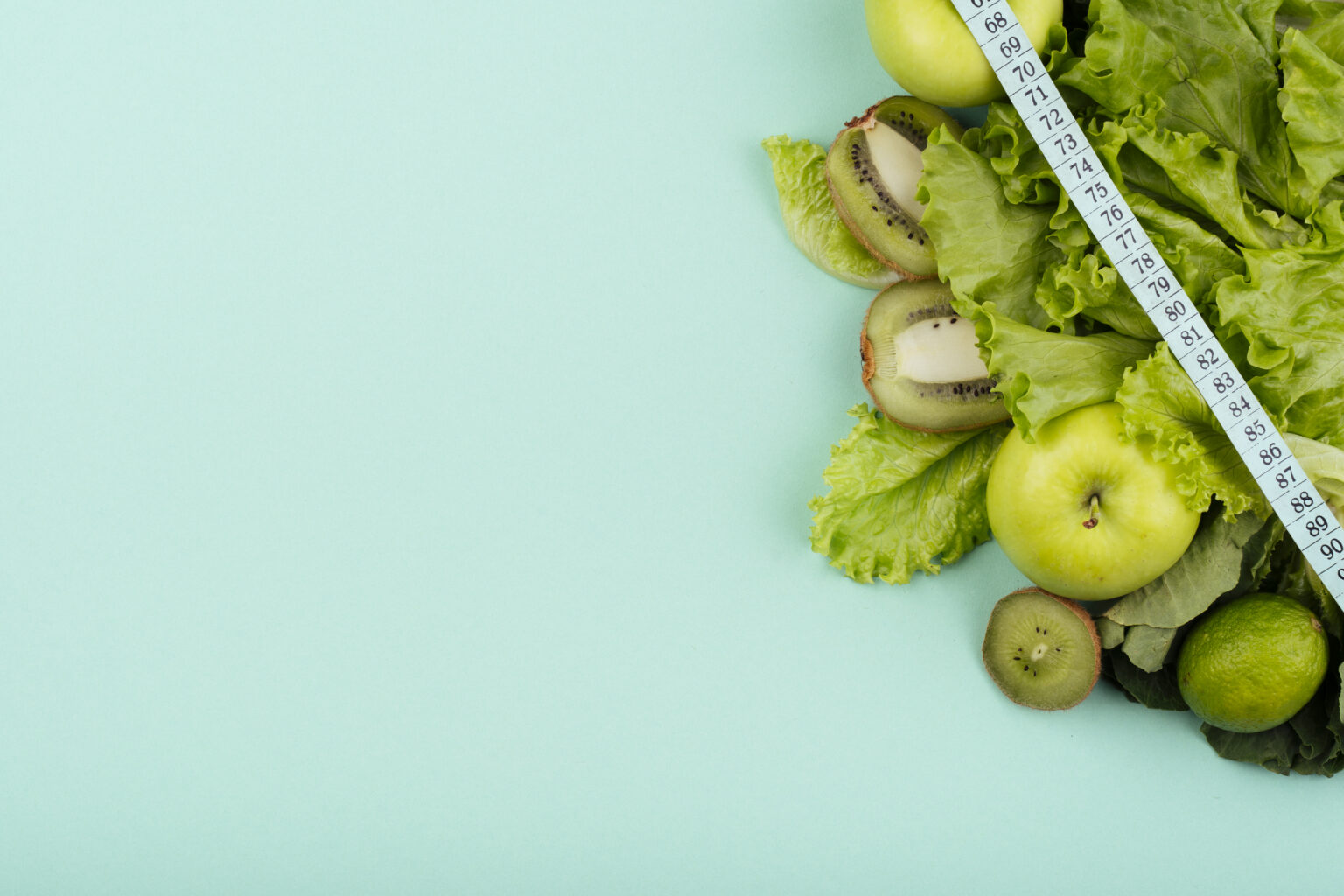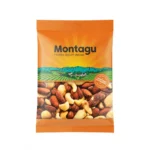In a world saturated with fad diets and quick-fix weight loss solutions, the Volumetrics diet stands out as a scientifically grounded approach that focuses on sustainable and satisfying eating habits. Developed by Barbara Rolls, a renowned nutrition researcher, the Volumetrics diet emphasises the importance of food volume and its impact on satiety. By prioritising low-calorie, high-volume foods, this eating plan offers a long-term solution for weight management without compromising on taste or overall well-being. In this article, we delve into the principles and strategies of the Volumetrics diet, unveiling its effectiveness and benefits for those seeking a healthier lifestyle.
- Understanding the Principles of the Volumetrics Diet: The central principle of the Volumetrics diet revolves around the concept of energy density. Foods are categorised based on their calorie content per gram and their ability to satisfy hunger. High-energy density foods, such as fried snacks and sugary treats, are dense in calories but low in volume, leaving individuals more prone to overeating. Conversely, low-energy density foods, like fruits, vegetables, and whole grains, offer fewer calories per gram while providing greater volume and satiety.
- Focus on Low-Calorie, High-Volume Foods: The Volumetrics diet encourages individuals to choose foods that are rich in water, fibre, and nutrients. These include fruits, vegetables, whole grains, legumes, and lean proteins. By prioritising these options, individuals can enjoy larger portions without consuming excessive calories. For example, a colourful salad with mixed greens, cherry tomatoes, cucumbers, and a sprinkle of feta cheese provides a visually appealing and filling meal while remaining low in calories.
- Incorporating Nutrient-Rich Foods: While calorie density is a key consideration, the Volumetrics diet also emphasises the importance of consuming foods that are nutritionally balanced. By opting for whole, unprocessed foods, individuals can ensure they receive an optimal intake of essential nutrients, including vitamins, minerals, and antioxidants. Whole grains, lean proteins, and healthy fats play a vital role in maintaining overall health and well-being.
- Strategically Managing High-Energy Density Foods: The Volumetrics diet recognises that complete elimination of high-energy density foods may not be realistic or sustainable. Instead, it encourages individuals to consume them in moderation and with mindfulness. By pairing small portions of higher-calorie foods, such as dark chocolate or cheese, with low-energy density options like fruits or vegetables, individuals can strike a balance between enjoyment and healthy eating.
- Mindful Eating and Satiety Awareness: Incorporating mindful eating practices is a core component of the Volumetrics diet. By paying attention to physical hunger and fullness cues, individuals can develop a healthier relationship with food. Eating slowly, savouring each bite, and stopping when comfortably full helps prevent overeating and promotes a greater understanding of satiety.
- Long-Term Sustainability: One of the greatest advantages of the Volumetrics diet is its long-term sustainability. Unlike restrictive diets that often lead to feelings of deprivation and subsequent rebound weight gain, the Volumetrics approach promotes a balanced and enjoyable eating pattern. By making healthier food choices, increasing physical activity, and embracing a lifestyle that values overall well-being, individuals can achieve and maintain a healthy weight for the long haul.
The Volumetrics diet offers a refreshing and scientifically supported approach to weight management. By prioritising low-calorie, high-volume foods and adopting mindful eating practices, individuals can experience sustainable weight loss without sacrificing flavour or satisfaction. The principles and strategies of the Volumetrics diet provide a road-map to healthier eating habits and a positive relationship with food. So, if you’re seeking a realistic and enjoyable path towards a healthier lifestyle, consider embracing the principles of the Volumetrics diet and embark on a journey of wellness that lasts.








